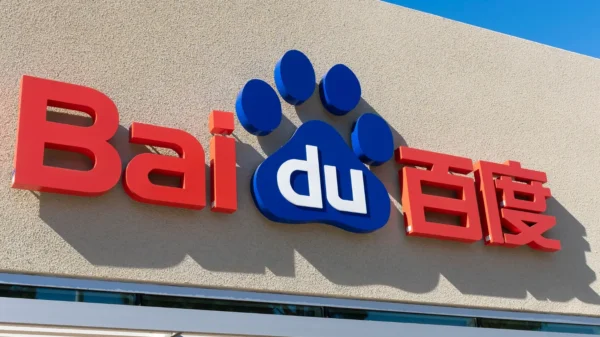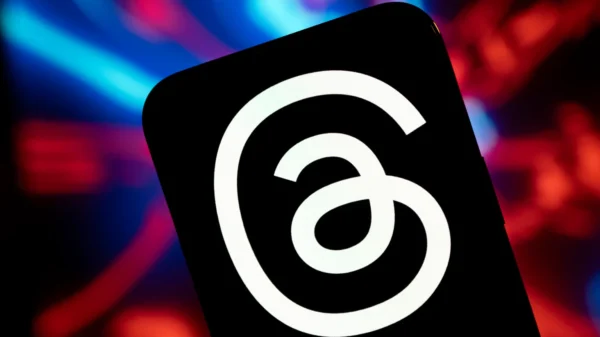Airbnb began by renting out spare beds and rooms in private homes as an affordable alternative to hotels. Still, it has since grown into a platform for private accommodation, focusing on travelers renting entire homes.
That helped the company have its first profitable year in 2022; Airbnb homes are getting more expensive to rent, with average prices up 36% since 2019. With the current economy, travelers are looking for cheaper alternatives again. So Airbnb is unveiling a new single-room rental option today, returning it to the search flow for would-be tourists.
“Economy is the topic. In an interview, co-founder and chief strategy officer Nate Blecharczyk remarked, “We know people want to travel.” “We also know affordability is on people’s minds. So we believe rooms are again relevant.” Airbnb expects 300 million visitors this year.
Airbnb currently lists 1 million rooms and full homes on its marketplace. It’s established a specific search category to assist you in identifying solitary rooms. From our experience, the company’s search algorithm also promotes more private room alternatives as a default on city search results.

Airbnb reported that over 80% of private rooms are under $100/night, with an average pricing of $67. As Airbnb expanded, it emphasized the notion of complete homes over rooms, emphasizing “private” characteristics to entice guests who might not be sold on staying in a home with strangers.
Now, you can see whether these rooms have a lock, a shared or private bathroom, shared public areas, and who else is staying there.
The semiannual product release cycle includes the new private room experience. The rooms update is the most notable because it introduces a new site experience and shows how the travel industry is trying to right-size itself at a time when people want to travel again but are mindful of their account balances and economic issues.
The larger release offers 50 new and improved features.
Among these are price and regulatory changes to increase guest transparency. These are being implemented to compete with hotel bookings, which don’t charge cleaning fees or require a long list of tasks before checkout.
Thus, Airbnb will expand the total price display introduced last year. Pre-tax pricing includes cleaning fees. Hosts can monitor how much visitors pay after taxes and adjust their prices to fit within pricing filter ranges when customers search for accommodations.
Airbnb upgraded its host app with simple instructions like returning the key, putting garbage away, and turning lights off to address checkout concerns. Hosts can add additional conditions, and visitors can submit checkout comments.
Airbnb is also upgrading its increasing long-term stay experience. Blecharczyk reported that 20% of nights booked are for 28 days or more.
The travel site will reduce service rates for stays over three months. “Less” wasn’t defined. For stays over 28 days, U.S. customers can pay via bank transfer.
Airbnb and Klarna offer U.S. and Canadian consumers four interest-free payments over six weeks. This option lets U.S. consumers pay monthly for bookings exceeding $500.
Bernstein told its customers in March that more than 90% of Airbnb listings are by individual or small-scale owners, a bullish perspective on the business. In addition, analysts noted that most small-scale property owners use Airbnb solely, giving it a distinct edge.



















































